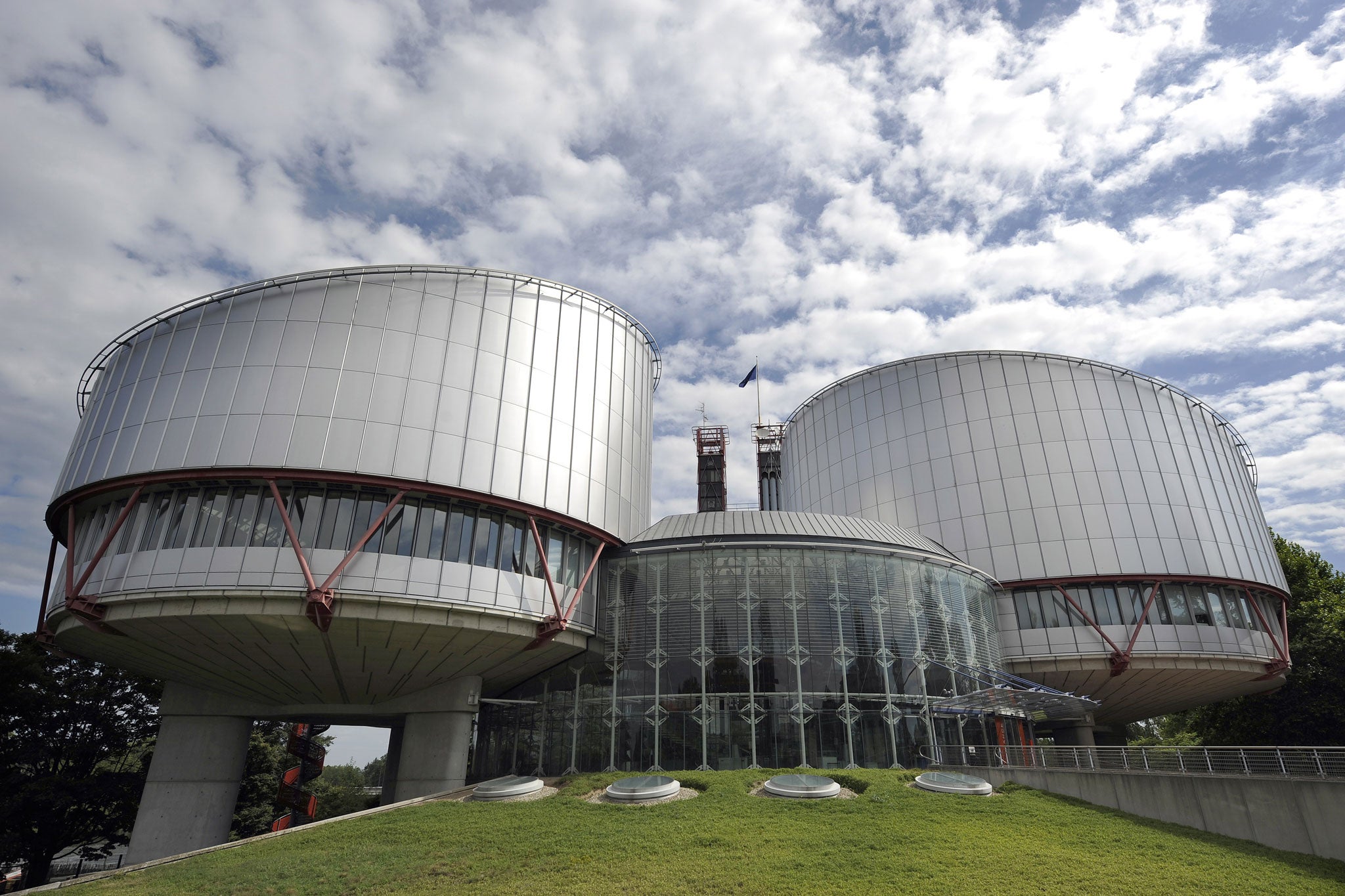Judge warns of electronic ‘Big Brother’ across Europe after court finds UK broke law with bulk data interception
Dissenting judge says ruling ‘alters the existing balance in Europe between the right to respect for private life and public security interests’

Your support helps us to tell the story
From reproductive rights to climate change to Big Tech, The Independent is on the ground when the story is developing. Whether it's investigating the financials of Elon Musk's pro-Trump PAC or producing our latest documentary, 'The A Word', which shines a light on the American women fighting for reproductive rights, we know how important it is to parse out the facts from the messaging.
At such a critical moment in US history, we need reporters on the ground. Your donation allows us to keep sending journalists to speak to both sides of the story.
The Independent is trusted by Americans across the entire political spectrum. And unlike many other quality news outlets, we choose not to lock Americans out of our reporting and analysis with paywalls. We believe quality journalism should be available to everyone, paid for by those who can afford it.
Your support makes all the difference.A judge has warned of the potential for an electronic “Big Brother” in Europe following a legal battle sparked by the Edward Snowden leaks.
The grand chamber of the European Court of Human Rights (ECHR) unanimously ruled that GCHQ had violated the rights to private life and freedom of expression with its regimes for bulk interception and obtaining communications data from service providers.
However, there was dissent between the 17 judges over the extent of the breaches, with only five saying the British agency had also broken international law in the way it requested intercepted material from foreign governments and intelligence agencies.
Paulo Pinto de Albuquerque, a Portuguese judge who sat on the panel, accused his colleagues of making decisions based on “limited information” from the UK government.
“The government’s case boils down to a simple proposition, which is ‘trust us’,” he said. “The majority were ready to accept this proposition... I am not.”
In his dissenting judgment, Judge Pinto de Albuquerque said non-targeted bulk interception was only practiced by seven European states and called it ineffective, a waste of resources and “dangerous for the protection of human rights”.
He warned that the ECHR’s majority judgment “alters the existing balance in Europe between the right to respect for private life and public security interests” by allowing non-targeted interception of communications.
“For good or ill, and I believe for ill more than for good, with the present judgment the Strasbourg Court has just opened the gates for an electronic ‘Big Brother’ in Europe,” Judge Pinto de Albuquerque wrote.
“If this is the new normal that my learned colleagues in the majority want for Europe, I cannot join them.”
The four other dissenting judges said Britain’s domestic laws were not an “effective safeguard” against the abuse of surveillance powers.
The judges warned that mass surveillance exerted the “pressure to conform... making individuals submissive and deferential”.
They quoted a passage from George Orwell’s novel Nineteen Eighty-Four, saying: “There was of course no way of knowing whether you were being watched at any given moment… you have to live – did live, from habit that became instinct – in the assumption that every sound you made was overheard, and, except in darkness, every movement scrutinised.”
In the majority ruling, the ECHR said bulk interception did not violate international law in and of itself “owing to the multitude of threats states face in modern society”.
But it found three “defects” in British practices, including the use of a government minister to authorise bulk interception, the failure to include the categories of search terms in warrant applications, and the failure to specifically authorise terms relating to individuals.
Judges said their findings only applied to British practices at the time the legal challenges were launched in 2013, and that laws had changed following the introduction of the Investigatory Powers Act 2016.
It is the final ruling following a series of legal challenges sparked by the 2013 leaks by Edward Snowden, the former US National Security Agency (NSA) contractor who revealed the existence of surveillance and intelligence-sharing programmes operated jointly with the UK.
Big Brother Watch, one of the parties in the case, said the UK had been breaching the rights of privacy and free expression “for decades”.
Director Silkie Carlo added: “Mass surveillance damages democracies under the cloak of defending them, and we welcome the Court’s acknowledgement of this. As one judge put it, we are at great risk of living in an electronic “Big Brother” in Europe.”



Join our commenting forum
Join thought-provoking conversations, follow other Independent readers and see their replies
Comments